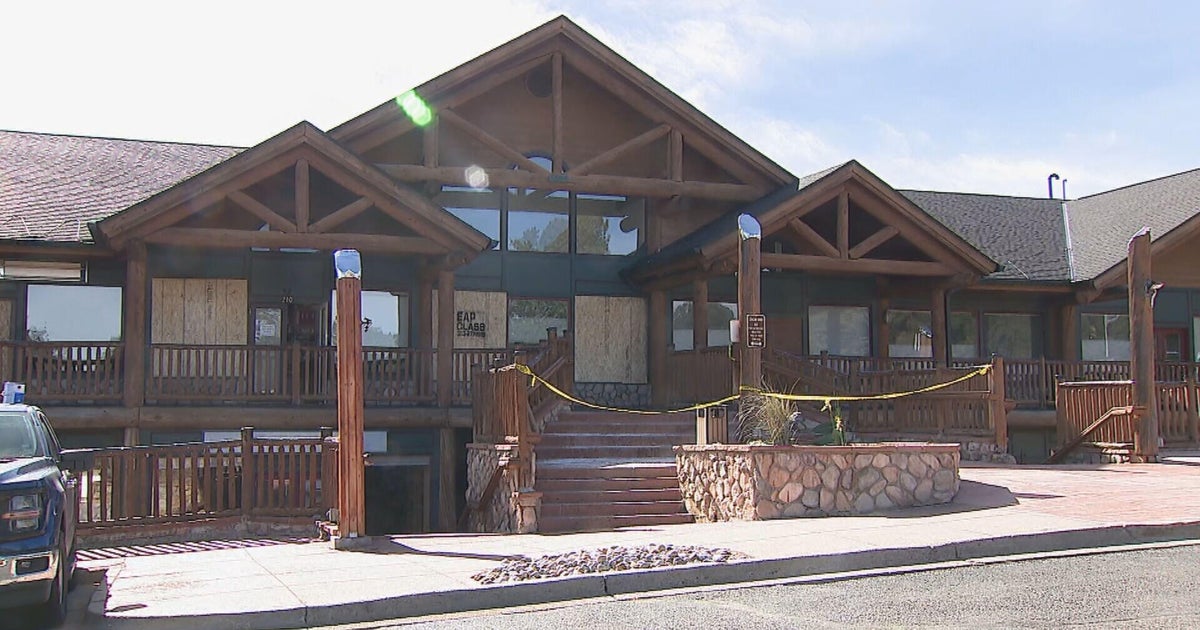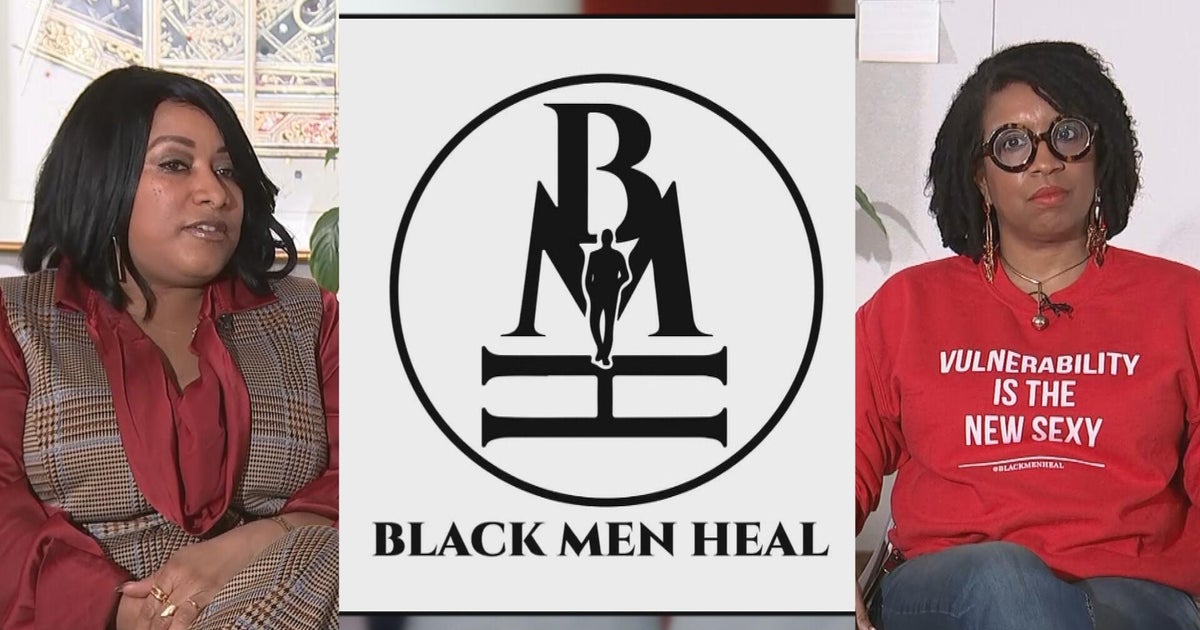5 things to know from emergency room physician Dr. Megan Ranney
On Thursday's "CBS Evening News," emergency room physician Dr. Megan Ranney described the "unprecedented" situation facing health care workers on the front lines against coronavirus. "There is really no doctor or nurse alive who has worked in this kind of situation," she told us.
Here are our top takeaways from that conversation:
1) The emotional toll of COVID-19 on health care providers
Doctors, nurses and other health care providers are on the front lines of the coronavirus pandemic. Dr. Ranney told us the "unprecedented" circumstances are taking a toll: "We are scared. We are stressed. And we are worried about what comes next and about our ability to take care of our patients and our communities — as well as our ability to take care of ourselves."
2) What gives her hope
Dr. Ranney explained there is preliminary evidence that COVID-19 is not mutating as other respiratory illnesses like the flu — which could be good news for a possible vaccine. "We're all used to getting flu vaccines every year. And we do that because every year the flu virus changes a little bit, so last year's vaccine no longer works," she told us. "On the other hand, there are viruses like polio, that you get a vaccine once or twice in your life, you're immunized until the day you die."
"If COVID-19 is more like polio than like flu, that means that once we develop and test and prove the safety of the vaccine, we could all get it. And then this pandemic could be done," Dr. Ranney said.
3) On American readiness for COVID-19
In the months before the virus fully took hold in the U.S., Dr. Ranney said the federal government should have had the foresight to gather supplies. "We did not take the chance to prepare for this, when we had those first notifications, out of China, months ago. We absolutely should have scaled up testing early so that we could have isolated those very people who came into the country with the virus."
"We should have prepared for the fact that we were going to use more protective equipment, we were going to need more ventilators more hospital beds," she told CBS News, adding that individual hospitals can't prepare on the same scale. "It really should have been the federal government to set up that response."
4) How doctors, nurses and others are preparing for the worst
As some health care workers face a shortage of supplies while treating the virus, many worry about what will happen if they become infected. Dr. Ranney told CBS News, "My friends and colleagues are doing things like recording videos for their kids, writing letters to their spouses, or their kids or their grandkids, making sure that their wills are in order. Because we know that if we end up getting admitted to the hospital, we like everyone else with COVID-19 would be isolated from our family and friends, and may not have the chance to say goodbye in person."
5) On how people can help health care providers
As the president signaled Thursday, he may be getting ready to lift social distancing guidelines, Dr. Ranney said people need to continue minimizing their contact with others. "The first and biggest thing that people at home can do is truly to stay home. You can stop the spread of this virus and allow us in health care to better help you," Dr. Ranney told CBS News. She also said that people can visit www.getusppe.org to donate supplies and other protective equipment that will be distributed to health care centers.



